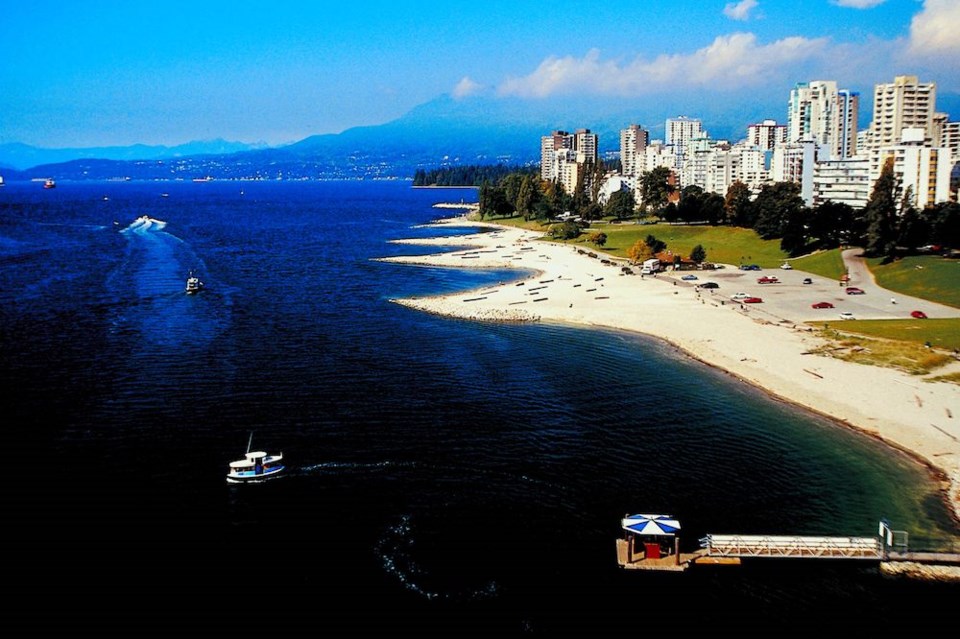Locals should brace for more unseasonably hot weather after scorching Mother's Day temperatures broke multiple records across B.C.
While Sunday's (May 14) toasty temperatures didn't break the City of Vancouver's 25.6 C record, 33 records were broken across the province, including a few in the Lower Mainland.
In Abbotsford, the soaring 33.6 C daytime broke the previous record of 33.3 C, which was set in 1912. West Vancouver's 31.7 C high surpassed its previous record of 27.6, which was set in 2018, and in White Rock, the 26.1 C record set in 1939 was broken by its 29.1 C daytime high.
Records were also broken in the Agassiz, Bella Bella, Blue River, Burns Lake, Cache Creek, Clearwater, Clinton, Comox, Dawson Creek, Estevan Point, Hope, Kelowna, Lillooet, Lytton, Mackenzie, Malahat, Nakusp, Nelson, Pemberton, Pitt Meadows, Port Alberni, Port Hardy, Powell River, Revelstoke, Sechelt, Squamish, Vernon, Victoria Harbour, Whistler, and in Yoho National Park.
Environment Canada continues to warm Metro Vancouverites that daytime highs will soar roughly 10 C to 15 C above seasonal averages and overnight lows will range from 5 C to 10 C above normal.
Metro Vancouver weather forecast
On Monday, for example, the forecast includes a high of 26 C on the coast and 33 C inland. But with humidity, these temperatures will feel more like 29 C and 36 C, respectively. The overnight low is expected to drop down to 15 C.
Tuesday is expected to offer some respite from the toasty weather, as "cooler marine air and low cloud pushes in." Temperatures are expected to fall to 23 C on the coast and 28 C inland but feel more like 26 C and 31 C with humidity.
Wednesday and Thursday are expected to be slightly warmer, with highs of 24 C on the coast and 29 C inland.
The national weather forecaster underscores that the risk of heat-related illnesses increases with elevated temperatures.
Find a detailed breakdown from Environment Canada of how to battle the heat.



